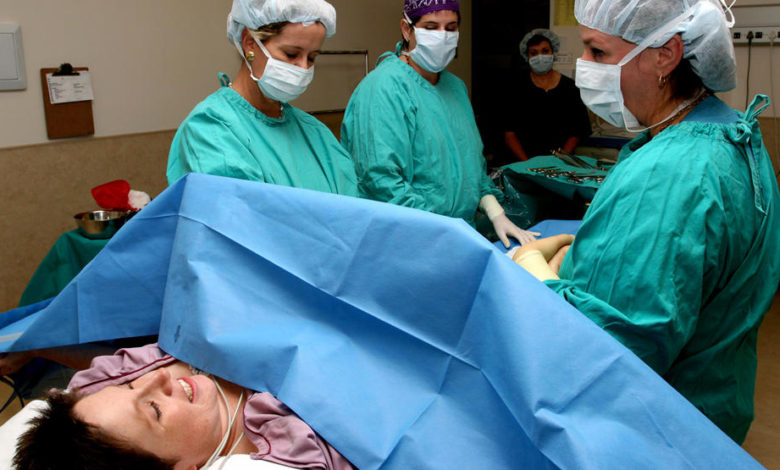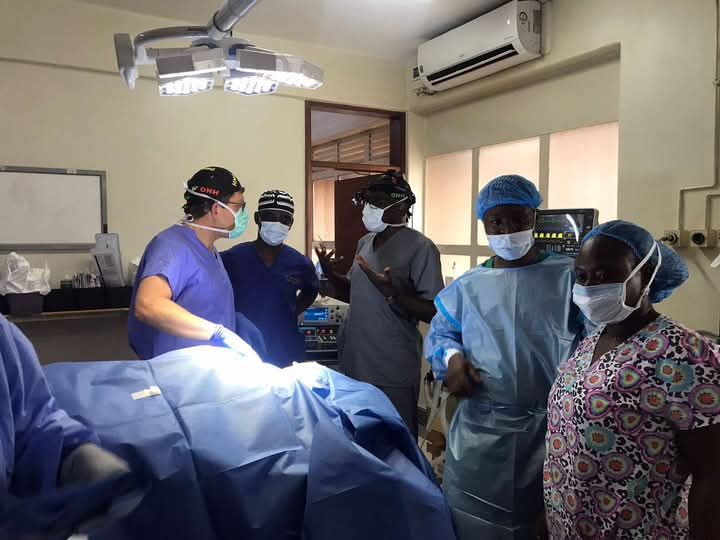Australian Study Links Caesarean Births To Major Childhood Health Risks
Explaining a possible cause for such problems, Begum, who is an obstetrician, said caesarean babies do not receive the benefits of certain microbiota that other infants gain during their deliveries from their mothers' birth canals.

Babies born via caesarean section may have a heightened risk of developing cardiovascular disease and obesity during their childhoods, according to a new Australian study.
Dr. Yaqoot Fatima from James Cook University (JCU) and Dr. Tahmina Begum from the University of Queensland (UQ) based their findings on data compiled during a long-running national study of the health of 10,000 children and their families.
Fatima told Xinhua on Wednesday that their research, published online in the Australian and New Zealand Journal of Public Health, revealed “C-sections” were linked to conditions such as obesity, unhealthy blood pressure and cholesterol levels which can lead to cardiovascular disease even among children as young as 10.
Explaining a possible cause for such problems, Begum, who is an obstetrician, said caesarean babies do not receive the benefits of certain microbiota that other infants gain during their deliveries from their mothers’ birth canals.
“This altered microbial ecosystem hampers the ‘gut-brain axis’ and releases some pathogenic toxins that cause metabolic damage,” Begum said.
The researchers said it was also possible that fetal stress from physiological or pharmacological induction of labor during a caesarean section could have a detrimental effect.
The report warned such problems were likely to increase due to the growing popularity of caesarean sections in developed countries.
Although the operation is often essential due to health complications for the mother or child, sometimes caesarean sections are done for less consequential reasons, such as allowing the parents to choose the time for the birth.
The trend towards caesarean sections can be seen in Australia, where 18.5 percent of babies were delivered by that surgical procedure in 1990, with the percentage almost doubling by 2019 and is predicted to reach almost 50 percent of the nation’s births by 2045.
The researchers hope that their study might provide useful insights for healthcare policies including a reduction in the rate of non-essential caesarean sections.
“C-sections can be life-saving for mothers and newborns when conducted on clinical grounds,” Fatima said, but in other cases, where there are no such medical concerns, then natural deliveries would be preferable.
“Giving birth in quality health-care settings minimizes the surgical risks associated with the procedure, nonetheless, the emerging evidence of the long-term risks on offspring means the rate of elective C-sections should be reduced,” she said.






